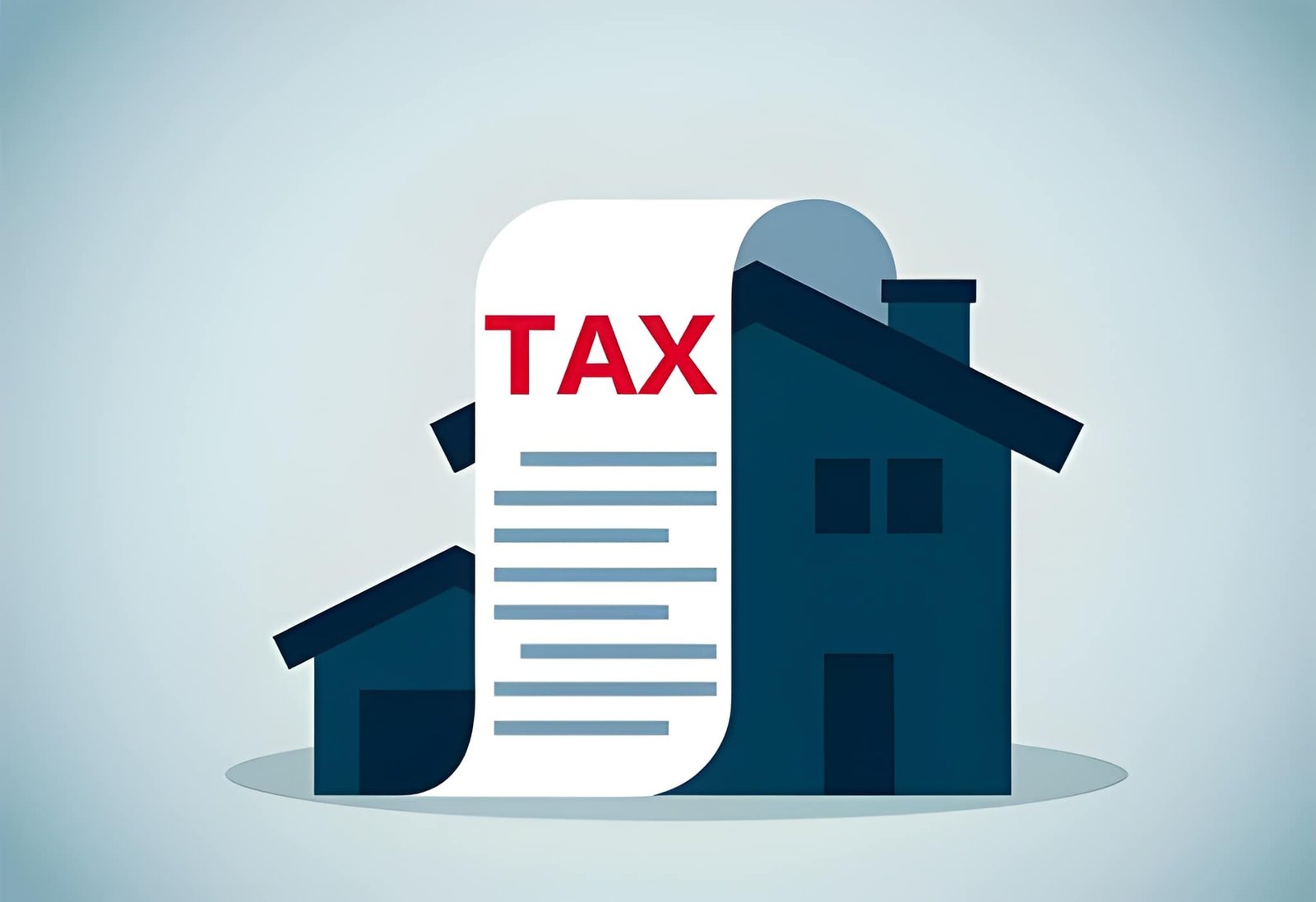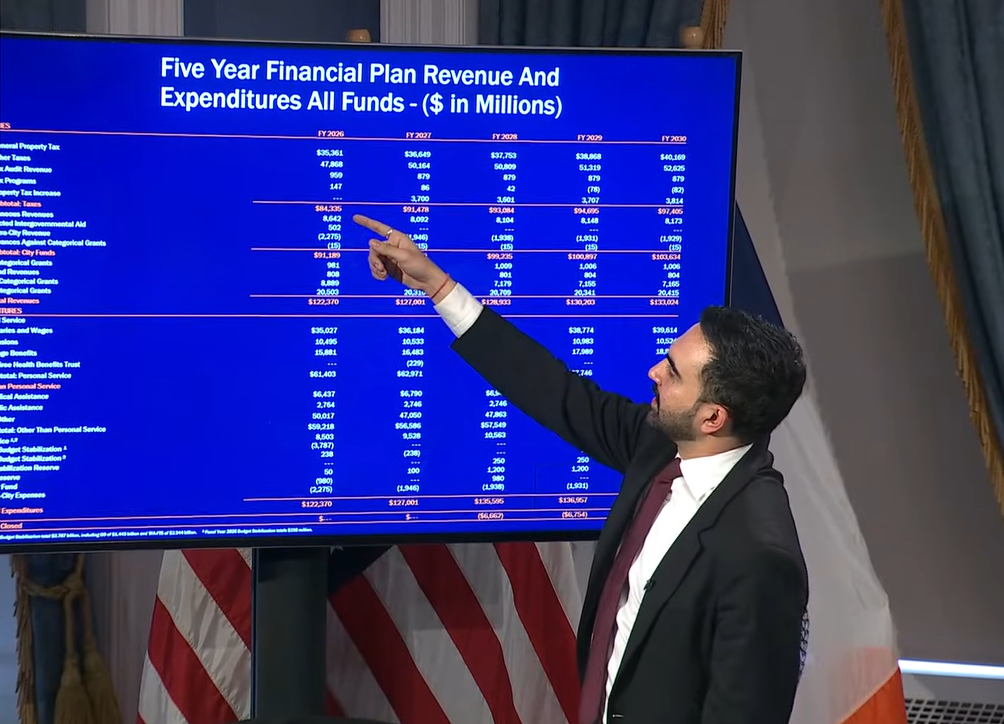By Nick Hawkins, Inc. (TNS)
For the past two decades, tipped employees have had the responsibility of reporting their tips to the IRS. Like salaried wages, tips are subject to income and payroll taxes. Waiters, for instance, are technically required to report tips to their employer, who then withholds and pays the proper taxes. There are a number of voluntary programs designed to encourage compliance by tipped employees but, you know. Tax gap studies conducted by the IRS found that the agency collects 55% of the taxes owed on tips, compared with 99% for salaried wages.
Now, a new reporting system is being proposed by the IRS that would utilize existing point of sale (POS) technology to collect electronic payment data to streamline the reporting of tipped wages. This could mean some big changes for businesses, including:
The Service Industry Tip Compliance Agreement
The Service Industry Tip Compliance Agreement (SITCA) program would replace three current voluntary reporting systems: Tip Reporting Alternative Commitment (TRAC), Tip Rate Determination Agreement (TRDA), and Employer-Designed Tip Reporting Alternative Commitment (EmTRAC) programs. As proposed, SITCA will be available to employers in all service industries (excluding gaming industry employers) with at least one business location, called a “covered establishment,” operating under the employer identification number (EIN) of the employer.
The SITCA program will track tips automatically and doesn’t require a tax reporting commitment from employees. It can also do the math for indirectly tipped employees like food runners or bussers. This means no more napkin or cellphone calculations at the end of a shift to determine hourly rates. Nor are employers required to provide educational or tip-reporting training programs like TRAC. Under TRAC, employers are required to educate employees on their reporting obligations and institute formal tip-reporting procedures.
According to Richard Pianoforte, a managing director of tax at Fiduciary Trust International, this should be a welcome change. “This is a net positive, because, number one, it’s voluntary. If you have a POS system, and the IRS figures out how to work with your POS system, it’s less you’re doing. You’re reporting tips and then there’s a calculation the IRS does for cash tips. And then you’re protected from an audit from the IRS because you’re compliant in this program.”
This doesn’t mean you shouldn’t take advantage of the public comment period, which goes until May 7, 2023. In fact, Pianoforte recommends all business owners who employ tipped workers make their thoughts known. He says the more they’re involved in shaping the process, the better. “The IRS isn’t in the business of a restaurant,” he says, adding that he would like to see more work done by the IRS to inform business owners of the public comment period and how to respond.
Other Options
If you already have a POS system, you likely already can collect this data, and some businesses are already using it to find other ways of paying tipped employees. One company, Instant Financial, based in Alpharetta, Georgia, works with business owners to bypass cash and pay out tips with a debit card at the end of each workday using POS data. Instant Financial then earns money off the interchange each time the card gets used. Instant Financial CEO Tal Clark says that while his company provides one option that automates tax compliance and payroll, many business owners have created their own.
One business has even gone a step further. Destination Unknown Restaurants, a Washington D.C.-based restaurant group started by Josh and Kelly Phillips, reopened after a pandemic pause in summer 2020 with a problem. Customers were no longer dining in. The staff needed their jobs back, but without indoor dining, the tips dried up. So the Phillipses looked at their top-performing servers’ earnings for the previous year (2019) of operation and approached the staff with the idea to pay them a salary based on their previous earnings.
For many, this was a comfort, given the uncertainty tied to the pandemic. But there was some pushback. “At first, they were like, ‘But that’s not how much I made.’ Then I pulled their W-2s; we’ve always recorded tips for our staff because it’s almost entirely credit card tips. And we’ve always done a tip pool, so I know exactly what everybody’s making,” says Josh. “‘You were the third-best performer last year; here was what the best performer made last year. So we’re just gonna give you their number plus 5%’—and immediately they’re like, yep, done. I’ll do that.”
Destination Unknown now has an entirely tip-free model. They employ full-time salaried employees and part-time hourly employees and add a 20% service charge to every check. This charge is mentioned on their menu, and they’re happy to remove it from a check upon request.
In Josh’s view, starting employees at a higher rate removes stress and lets servers focus on caring for customers. Josh says the majority of employees prefer the salaried approach, and it simplifies accounting by taking things like tip-outs off of his plate.
The Takeaway
With these proposed changes, compliance should be easier. Sam Zietz, CEO of Grubbrr, a technology company that sells POS systems, ordering kiosks, and mobile ordering for businesses, says it should be one of the easiest things a business owner can do. Zietz emphasizes that for business owners, SITCA should be a big win. “You would have your audit trail right there to be able to provide to the government, and that would alleviate any liability for the business owner,” he says.
_____
(c) 2023 Mansueto Ventures LLC; Distributed by Tribune Content Agency, LLC.
Thanks for reading CPA Practice Advisor!
Subscribe Already registered? Log In
Need more information? Read the FAQs
Tags: IRS, Small Business, Taxes




